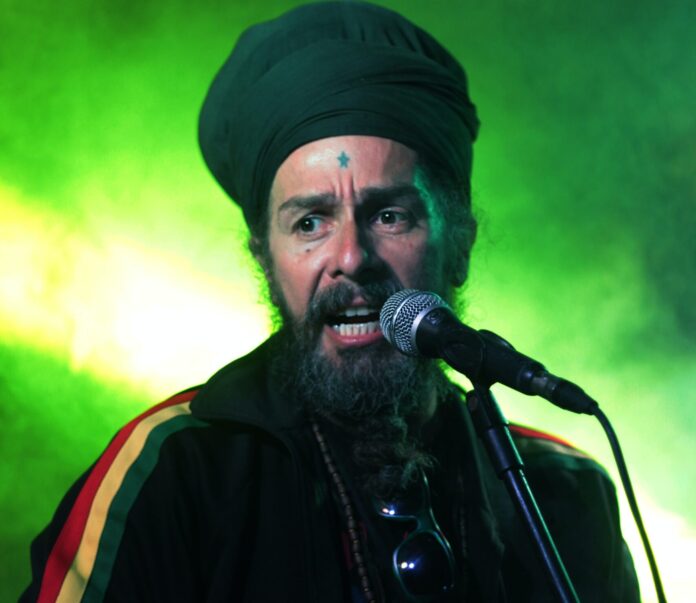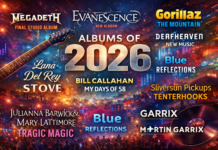Reggae music has become a globally recognized genre, celebrated for its infectious rhythms, laidback vibe, and powerful messages. From Bob Marley to Toots and the Maytals, Peter Tosh, and Burning Spear, reggae has produced some of the most iconic musicians of all time, shaping popular music culture in the process. But what is the history behind this musical phenomenon, and how did it all begin?
The Roots of Reggae
Reggae music originated in Jamaica in the late 1960s, emerging from a fusion of traditional Jamaican music styles such as ska and rocksteady, as well as American R&B and soul music. It was during this time that Jamaica gained independence from Britain, and the social and political climate of the country played a significant role in shaping reggae’s sound and message.
As Jamaica moved towards greater social and economic independence, reggae music became a voice for the disenfranchised and marginalized. Songs like Bob Marley’s “Get Up, Stand Up” and Toots and the Maytals’ “Pressure Drop” spoke to the struggles of everyday people, calling for unity, social justice, and equality.
Reggae’s Global Rise
Despite its roots in Jamaica, reggae music quickly gained popularity around the world, thanks in part to the emergence of international stars like Bob Marley. Marley, who remains one of the most influential figures in reggae music history, brought the genre to new heights with his unique sound and powerful lyrics.
Throughout the 1970s and 1980s, reggae music continued to grow in popularity, with artists like Peter Tosh, Burning Spear, and Jimmy Cliff making significant contributions to the genre. Reggae also became closely associated with Rastafarian culture, a religious and cultural movement that emerged in Jamaica in the 1930s and became closely linked to reggae music.
Reggae’s Influence Today
Today, reggae music continues to be celebrated around the world, with artists like Damian Marley, Chronixx, and Protoje carrying on the legacy of the genre. Reggae has also had a profound influence on popular music, with artists from a range of genres incorporating reggae rhythms and themes into their music.
Reggae music has also continued to be a voice for social and political change, with artists addressing issues like poverty, inequality, and systemic racism through their music. The genre has become a symbol of resistance and hope for people around the world, inspiring generations of musicians and music lovers alike.
Reggae music has a rich and complex history, rooted in the social and cultural context of Jamaica in the late 1960s. From its origins in traditional Jamaican music to its global rise and continued influence today, reggae music has shaped popular music culture in countless ways. Its message of unity, social justice, and equality remains as powerful and relevant today as it was when the genre first emerged, making reggae music an enduring symbol of hope and resistance.
Photo by Zulu Fernando on Unsplash
Views: 57






